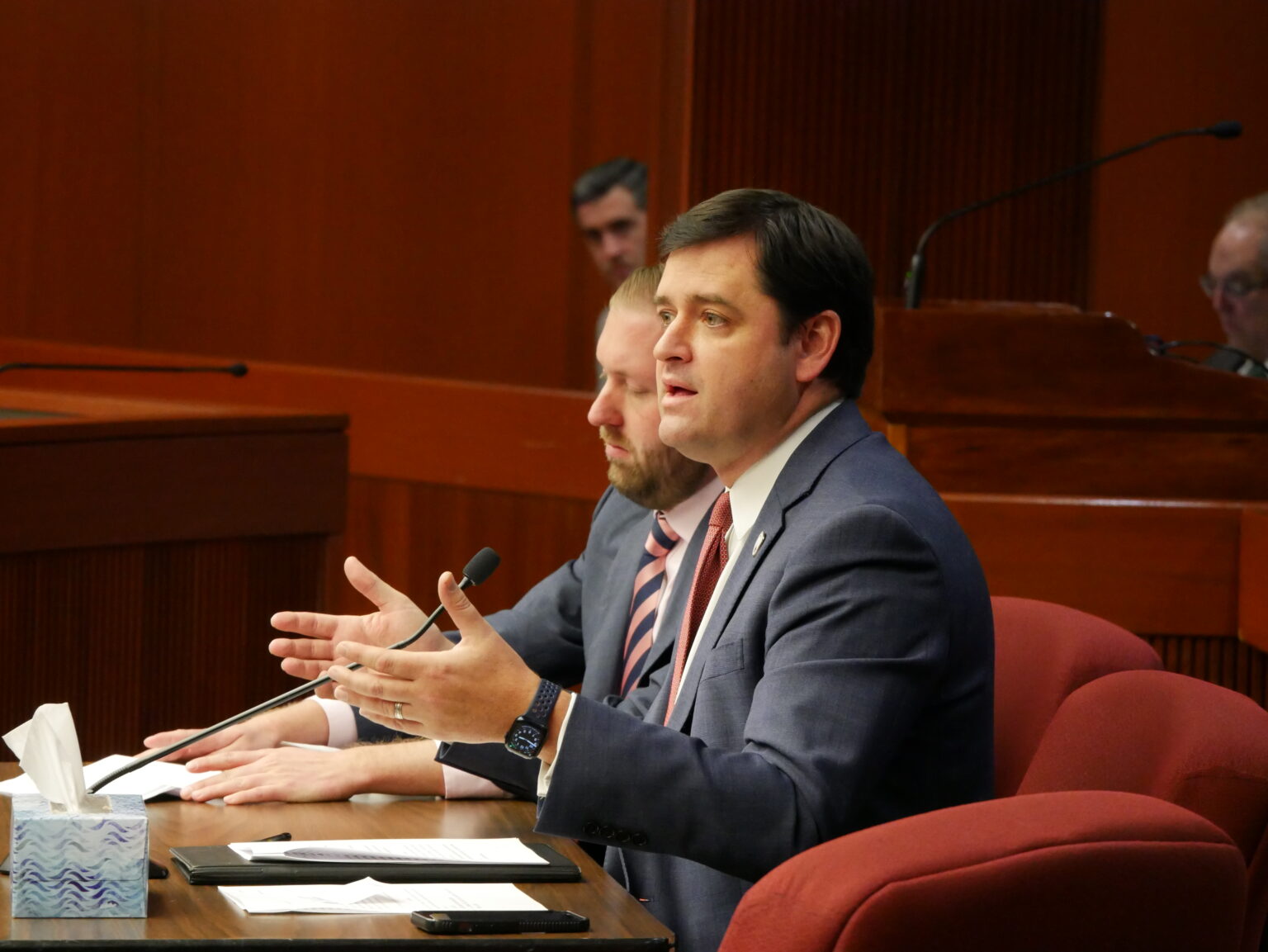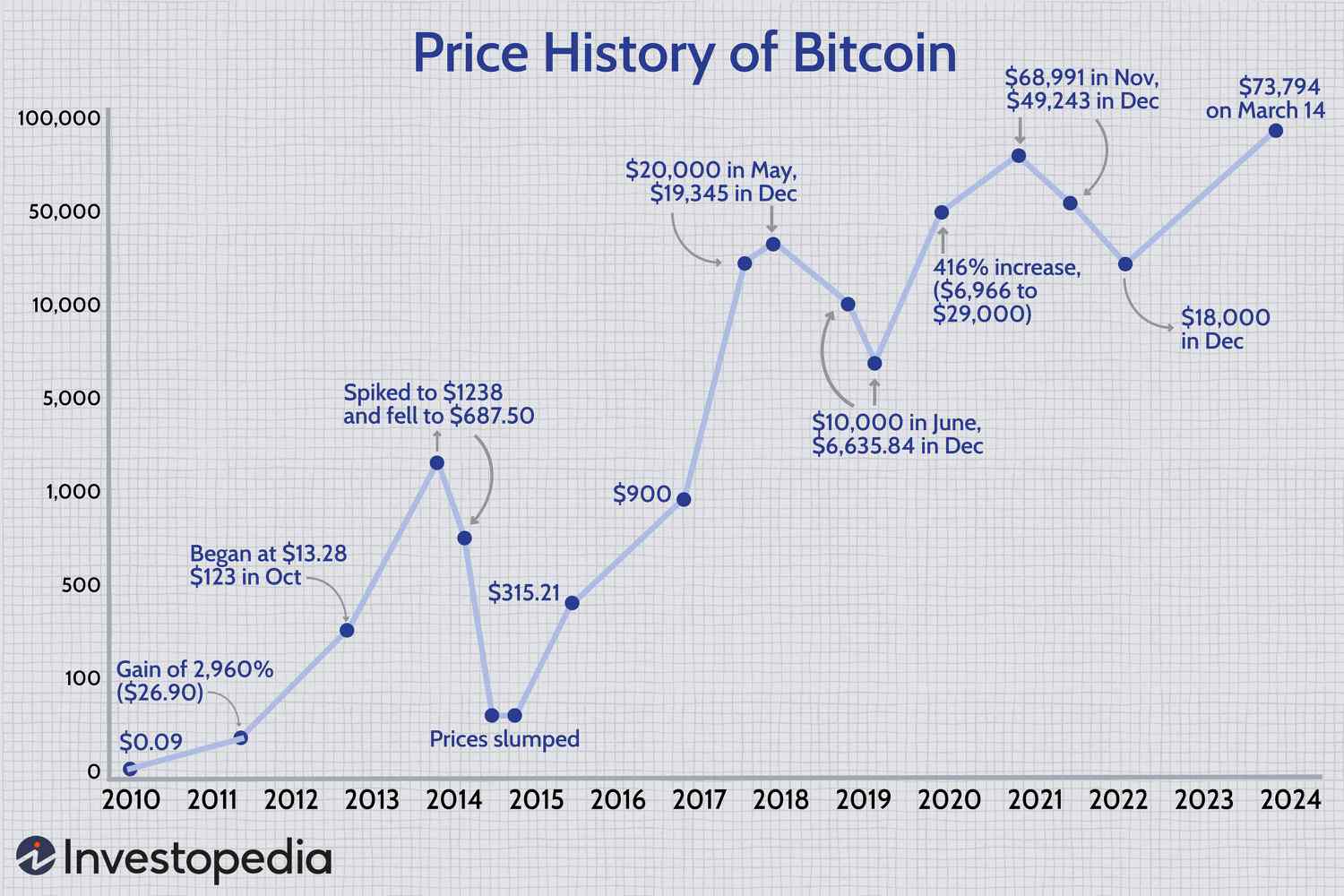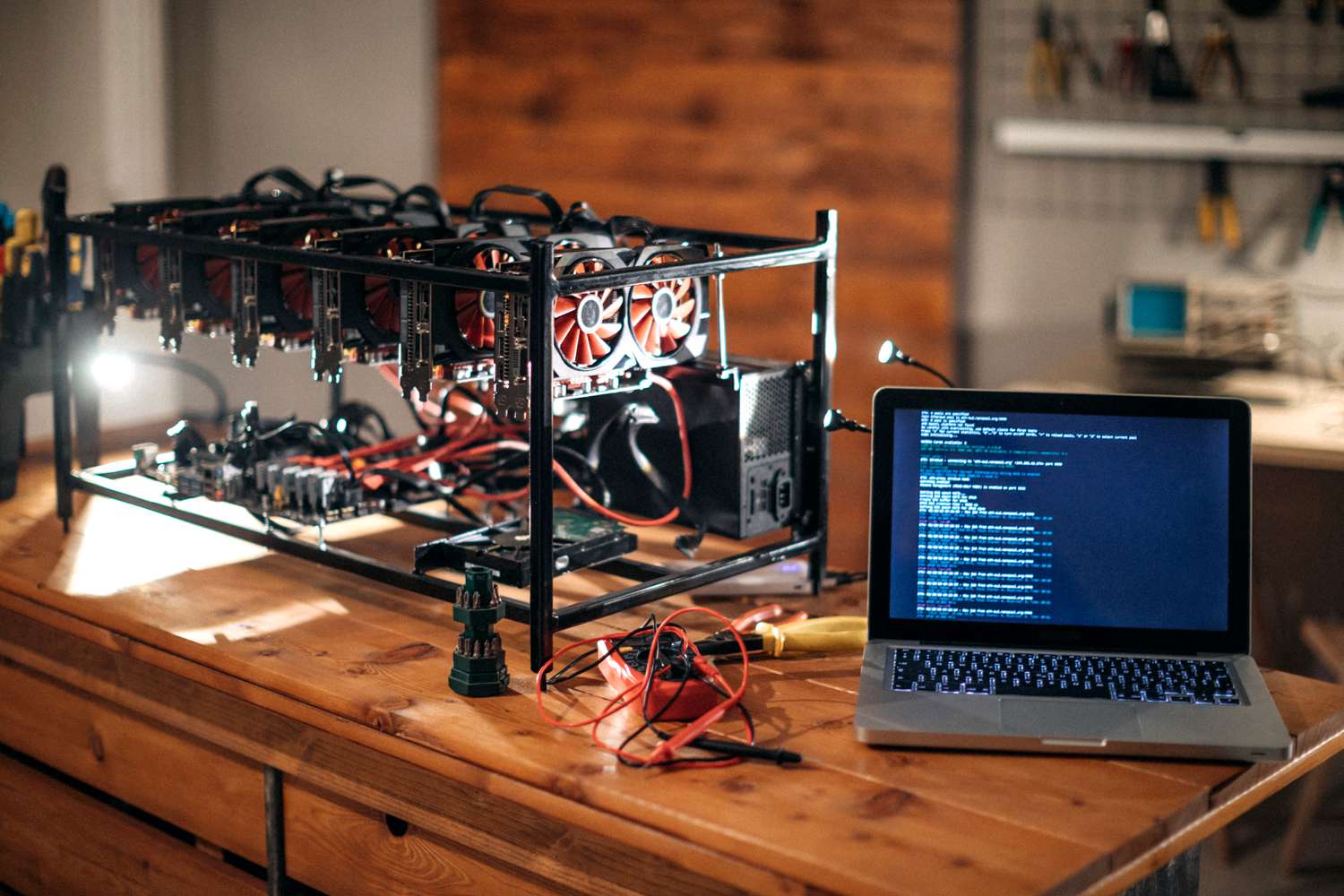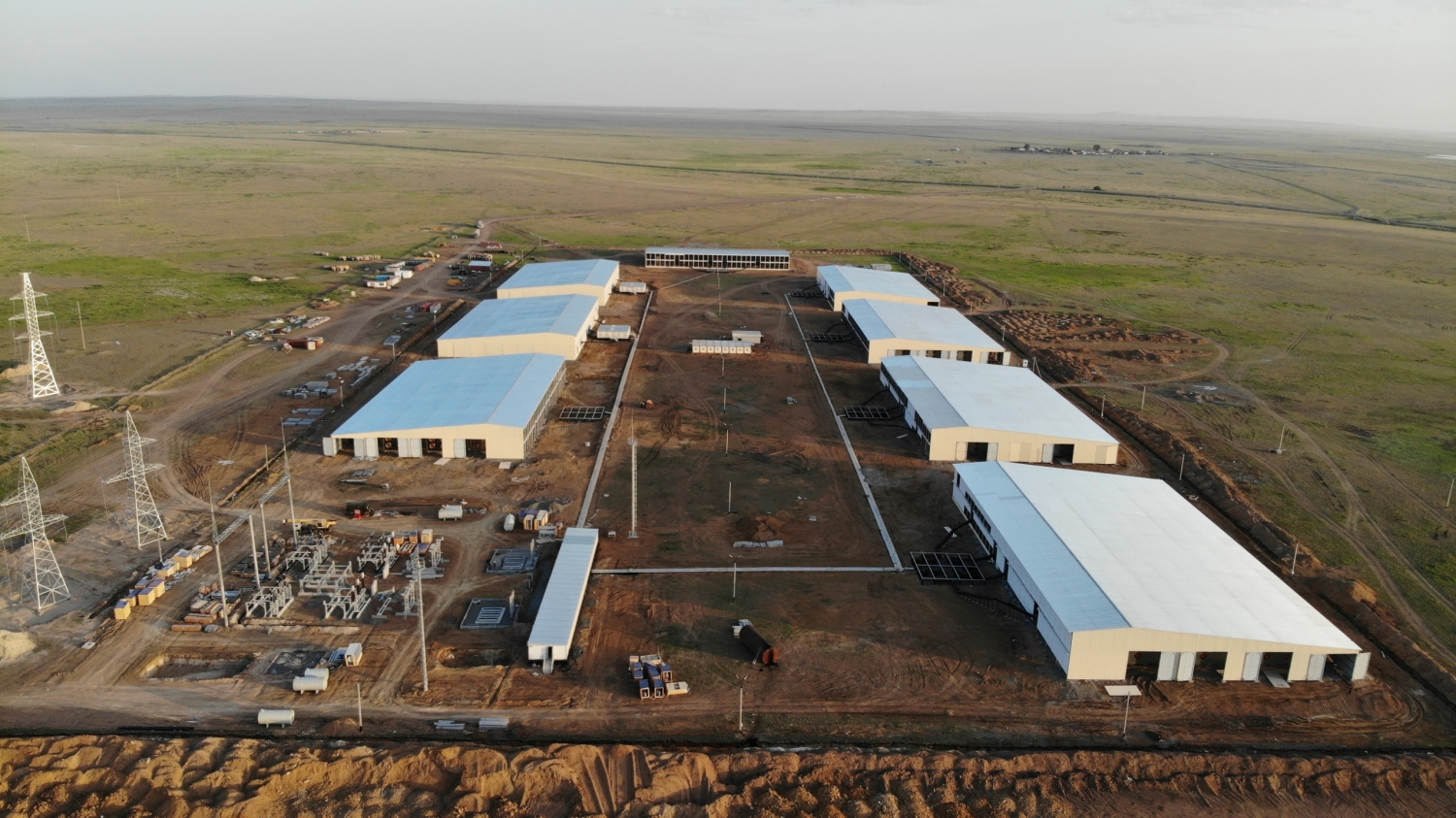
Cryptocurrency Mining: A Growing Concern in Rural Georgia
The rise of cryptocurrency mining has sparked controversy in rural Georgia, with residents and lawmakers expressing concerns over the environmental and social impacts of this burgeoning industry.
The Noise and the Fury
In Gilmer County, a proposed rezoning to allow a cryptocurrency server farm was met with fierce opposition from residents, who cited concerns over noise pollution and the drain on local resources. The Fannin County Commission has taken a more drastic approach, enacting a ban on crypto mining altogether.
A Statewide Issue
The issue is not limited to these two counties, however. The Southern Georgia Regional Commission has developed a model ordinance that counties can use to regulate cryptocurrency mining operations. This move comes as the industry continues to expand across the state, with 30 operations already established in 20 communities.
The Economic Argument
Proponents of cryptocurrency mining argue that it brings investment, innovation, and job creation to rural areas. Bo Ginn, manager of the Sandersville crypto mining operation, told lawmakers that Bitcoin mining is an important technological advancement that benefits Georgia’s rural communities.
The Environmental Impact
However, critics argue that the industry’s environmental impact cannot be ignored. The massive data centers required for cryptocurrency mining are a significant drain on Georgia’s power grid, with some lawmakers warning that the state may need to build additional nuclear reactors to meet the demand.
A cryptocurrency mining operation in rural Georgia
The Noise and the Consequences
Residents living near these operations have reported noise levels that are “absolutely atrocious.” Rep. Penny Houston, who represents Adel, has spoken out against the industry, citing the lack of jobs and economic benefits to the local community.
A Call to Action
As the industry continues to grow, lawmakers are faced with the challenge of balancing the economic benefits of cryptocurrency mining with the need to protect Georgia’s rural communities and environment. The model ordinance developed by the Southern Georgia Regional Commission may provide a starting point for regulating this industry, but more needs to be done to address the concerns of residents and lawmakers alike.
 A rural Georgia landscape















